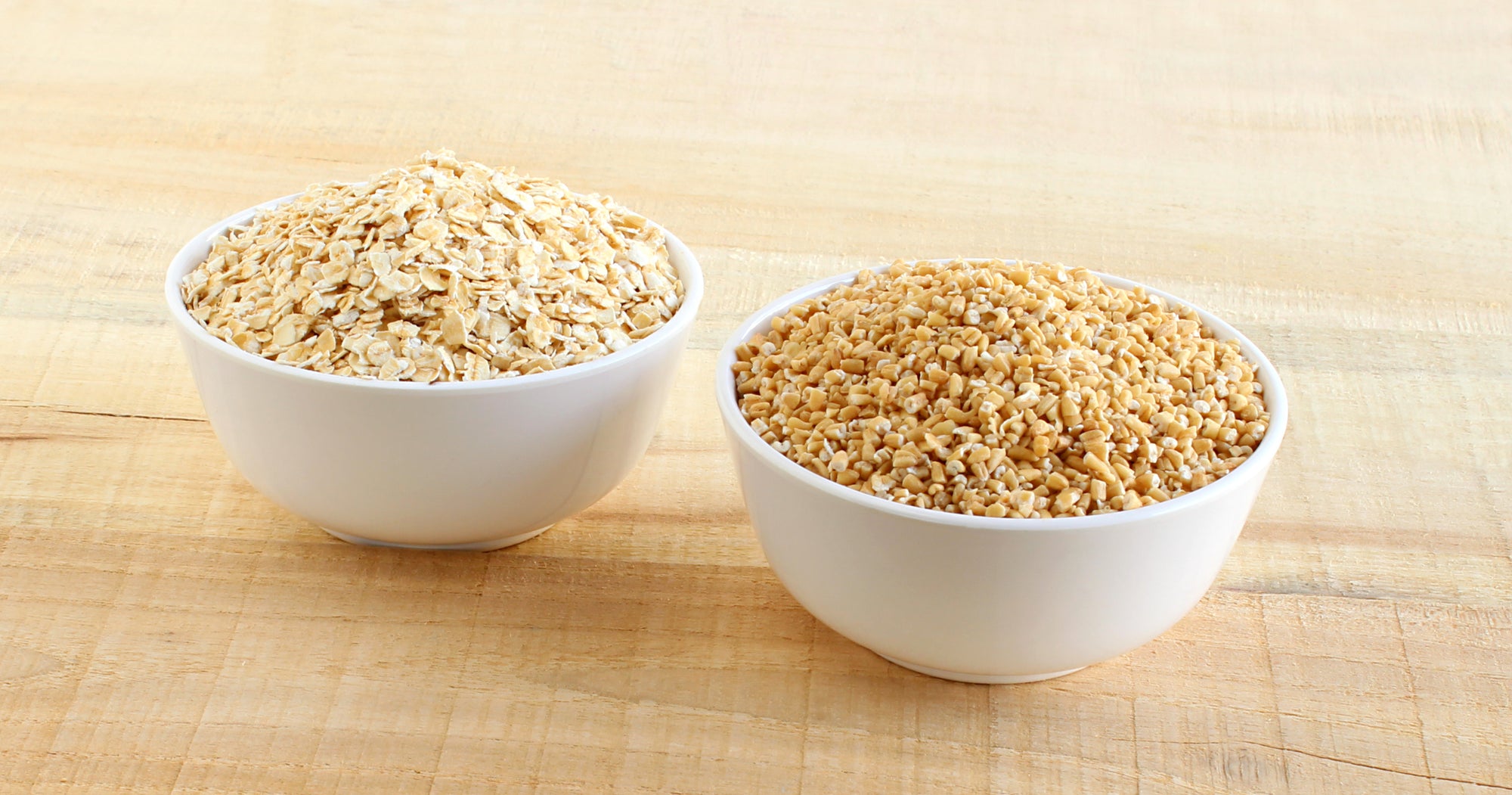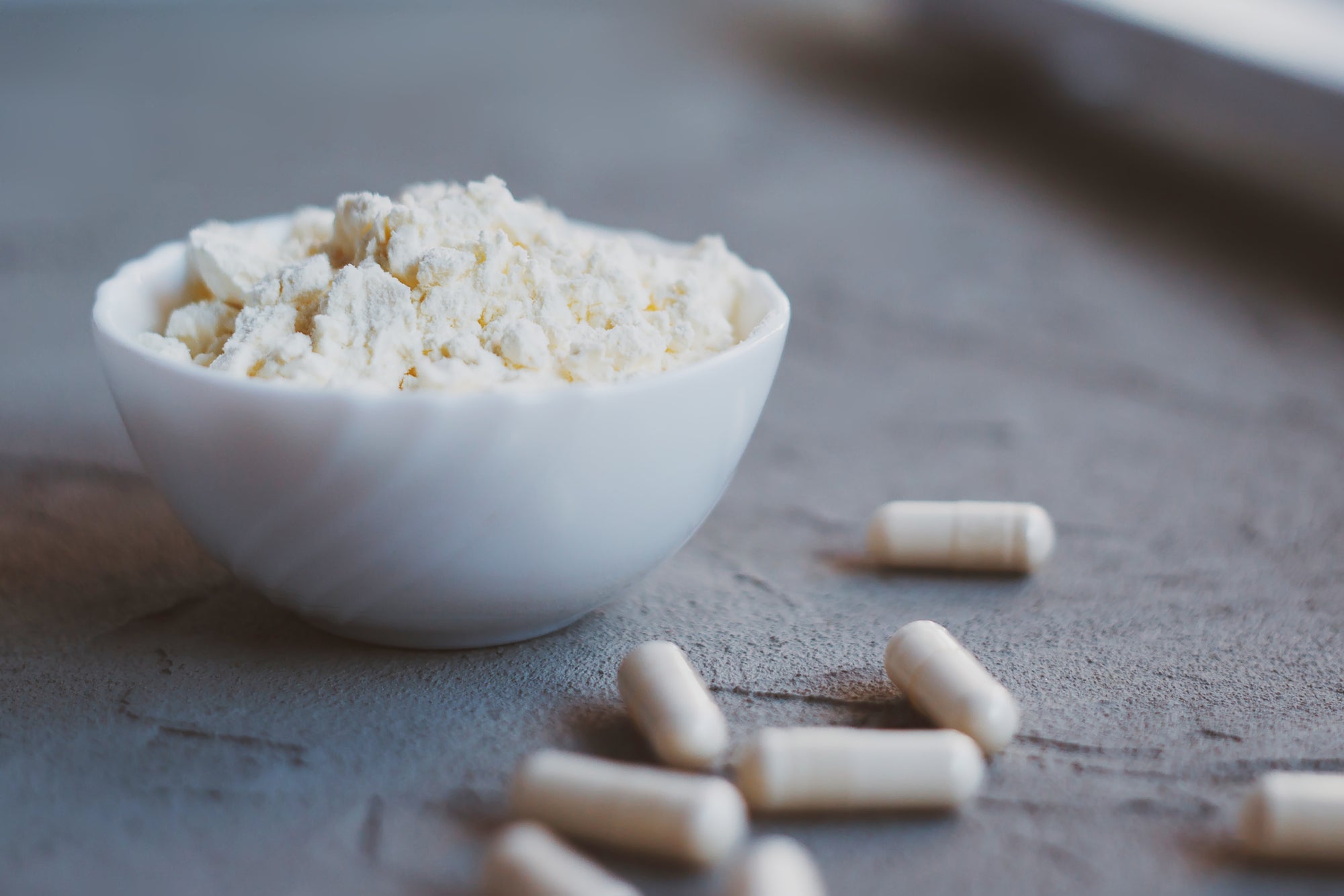
Obesity—defined as being 20% over an ideal weight—and the National Health and Nutrition Examination Survey 2016 (NHANES 2016) statistics showed that almost 40% of American adults were obese.
Does obesity affect the immune system? Yes—oh yes, it does.
The effects of obesity on the immune system occurs in multiple ways, but it all comes down to inflammation—and obesity is both the cause and effect of inflammation!
Obesity and Chronic Inflammation
Obesity is considered a chronic disease—and what’s more, it is considered to be a chronic inflammatory disease.
Obesity is also a form of malnutrition—and as with any form of malnutrition, the immune system is impaired. Obesity is a risk factor for many disorders including autoimmune disease, type 2 diabetes, high blood pressure, sleep apnea, gall bladder disease, osteoarthritis, heart disease, GERD and many others.
The question might occur to you—how does inflammation, a normal part of the immune system—end up harming the immune system? And what does obesity have to do with inflammation anyway? Let’s look at the second question first.
How Does Obesity Cause Inflammation?
We are just beginning to understand this question.
When you increase the number of calories you ingest over the amount of calories you put out—by exercising and staying physically active—the body responds by storing those excess calories in fat cells (adipose tissue). It turns out that fat cells also play a role in controlling appetite—and the more you eat, the more your body tends to produce leptin—the “hunger hormone”…and leptin is an inflammatory substance produced by the fat cells.
Immune cells may also be related to fat cells—they may come from the same early stem cell.
It is a “chicken or egg” type of question though—the more weight a person gains, the more the immune system is impacted—and the more the immune system is affected, the easier it is to gain weight! In science, the chicken or egg question is known as a positive feedback loop—and obesity is a perfect example!
How Does Inflammation Damage the Immune System?
Leptin is not the only inflammatory substance produced in obesity—other pro-inflammatory substances are produced as well. In the long run, this means that the immune system begins to lose its ability to self-regulate. When that happens, autoimmune diseases can occur. Inflammation can directly affect individual immune cells—after all, the inflammatory immune cells are “right in the thick of it”!
In obesity, there are often high blood levels of fatty acids—and depending on the type of fatty acids, these can be used to build even more inflammatory substances. This is the reason many nutritionists and other health professionals recommend that people increase the amounts of omega-3 fatty acids in their diet. The omega-3 fatty acids tend to be funneled into making anti- inflammatory substances while the omega-6 fatty acids tend to make those pro-inflammatory substances.
Also, chronic inflammation directly damages those cells that are subject to its effects—if, for example, inflammation occurs around an organ, that organ can be damaged leading to heart, liver, gall bladder and other organ dysfunctions. In type 2 diabetes, cells become resistant to the effects of insulin and the person with diabetes cannot control the levels of their blood sugars.
What Can I Do?
Obesity is never an easy problem to deal with, partly at least because of the positive feedback loop mentioned earlier. The only good answer is simple—but getting it to work is much harder. You have to decrease the calories you take in and increase the calories you put out. Easier said than done—but you can also work to decrease your inflammation by adding anti-inflammatory supplements to your daily routine—especially supplements like ImmunoCillin, ImmunoBiotics and Oramune Gold which can help support the immune system while decreasing inflammation.
Also in Blog


How Does Transfer Factor Benefit Cancer Patients





